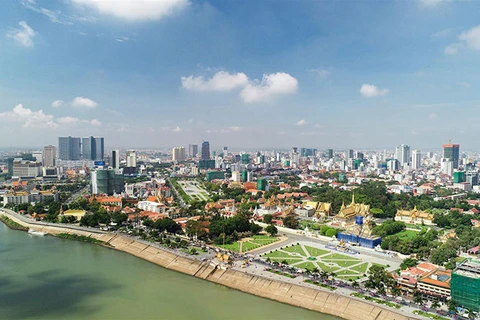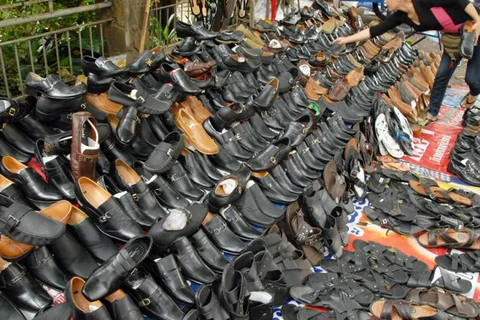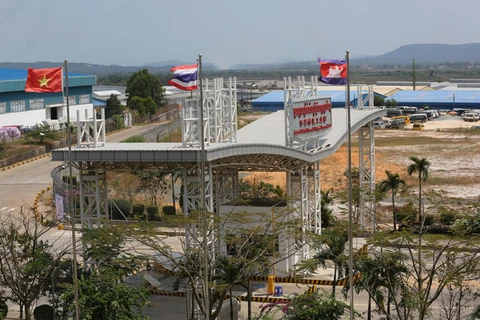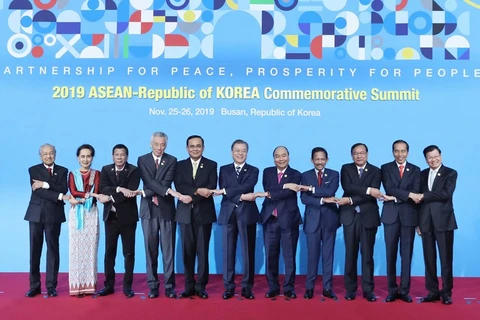Phnom Penh (VNA) – Cambodia shipped around 7 million tonnes of agricultural products abroad in 2019, with 4.784 million tonnes exported via official channels, according to Minister of Agriculture, Forestry and Fisheries Veng Sakhon.
In the year, Cambodia sold 620,106 tonnes of milled rice to foreign countries, of which 248,105 tonnes went to China, 202,990 tonnes to the EU, 83,164 tonnes to Southeast Asian countries, and 85,847 tonnes to other markets.
The Cambodia Rice Federation (CRF) said that Cambodia’s milled rice export accounts for about 1.2 percent of the world’s market, with large buyers including China’s Hong Kong, mainland China, Singapore and Malaysia.
Cambodia also exported about 1.6 million tonnes of cassava starch, 202,318 tonnes of cashew nuts, nearly 120,000 tonnes of corn, 57,250 tonnes of soybeans, nearly 157,812 tonnes of bananas, nearly 60 tonnes of mangos, and over 3,693 tonnes of pepper.
China, the EU, ASEAN member states, Japan, the US, the Republic of Korea, India, Saudi Arabia and Australia have been important markets for Cambodian products.
Cambodia has exported mostly unprocessed agricultural products. In a bid to increase value for farm produce, Cambodian Prime Minister Hun Sen began calling for more investment in agriculture processing and technology in the nation.
The government’s policy is to boost rice production and export 1 million tonnes; however, of the two goals, the country has achieved only one, Hun Sen said, explaining the country have a paddy surplus of nearly 6 million tonnes per year but its export could not fetch 1 million tonnes./.
VNA
























